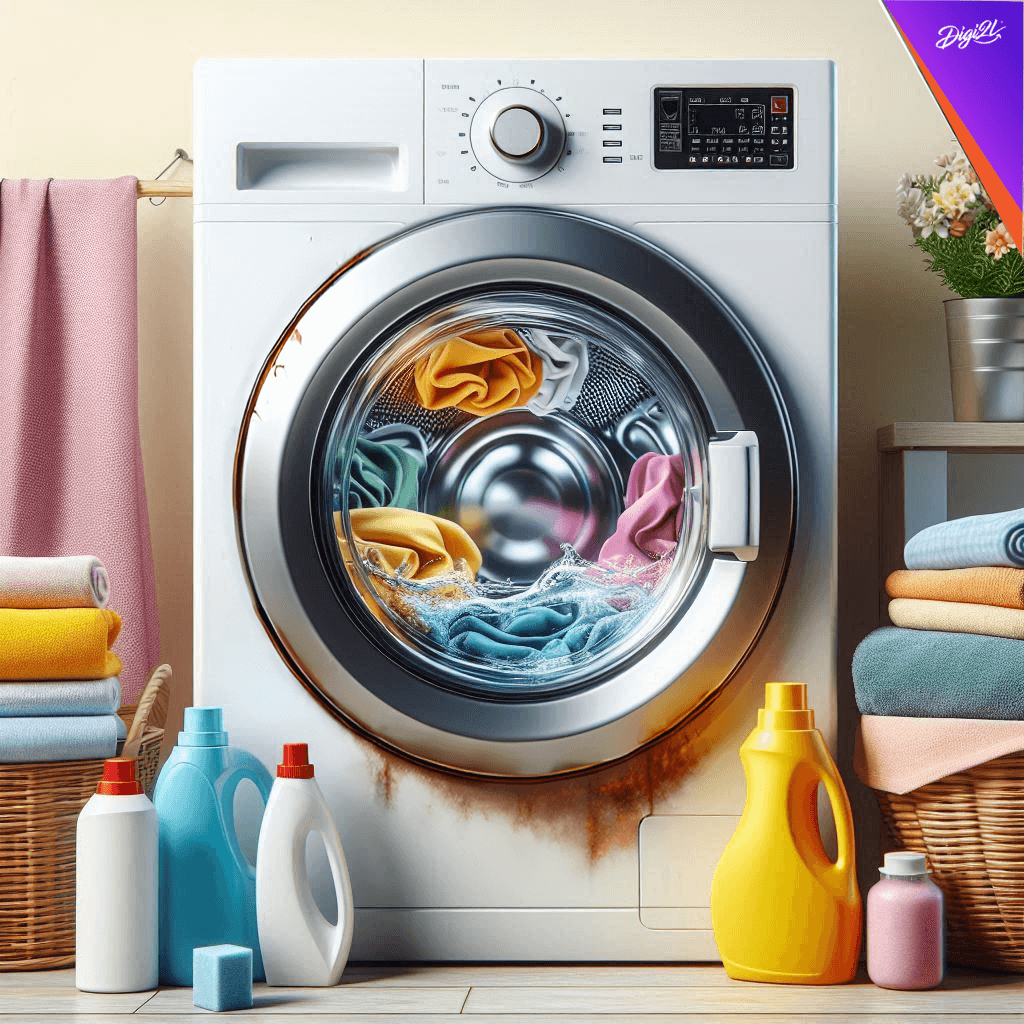
Please Wait ...


Blogs> Is a Domestic Refrigerator Safe? Understanding the Benefits and Safety Measures

A domestic refrigerator is a trusted appliance that plays a vital role in preserving our food and beverages. As a central part of our daily lives, it’s important to address the common concern: Is a domestic refrigerator safe? In this blog, we will explore the safety features, benefits, and essential safety measures associated with using a domestic refrigerator.
Safety Features and Benefits:
Temperature Control: Domestic refrigerators are designed to maintain a consistent temperature range, ensuring the proper storage of perishable items. This helps prevent bacterial growth and foodborne illnesses.
Energy Efficiency: Modern refrigerators come with energy-efficient features, such as improved insulation and advanced compressors. These not only save energy but also reduce the risk of overheating and potential hazards.
Structural Integrity: Refrigerators undergo rigorous safety testing to ensure their structural integrity. They are built with durable materials and designed to withstand normal wear and tear, providing long-term safety and reliability.
Child Safety Locks: Many domestic refrigerators are equipped with child safety locks to prevent accidental access to potentially harmful items or substances.
Leakage Detection: Some advanced models include sensors that detect leaks, such as coolant or water. This early warning system helps prevent potential hazards and damage to the refrigerator.
Essential Safety Measures:
Proper Installation: Follow the manufacturer’s guidelines for installation, ensuring the refrigerator is placed on a level surface, away from direct sunlight, and with sufficient space for ventilation.
Regular Maintenance: Maintain cleanliness by periodically cleaning the interior and exterior surfaces of the refrigerator. Pay attention to the door seals, coils, and vents to ensure optimal performance and energy efficiency.
Safe Food Storage: Store food in sealed containers to prevent cross-contamination and spoilage. Discard expired items promptly to maintain food safety.
Electrical Safety: Ensure that the refrigerator is properly grounded and connected to a dedicated outlet. Avoid using extension cords or power strips, as they may not handle the refrigerator’s power requirements.
Temperature Monitoring: Regularly check the refrigerator’s temperature settings and use a refrigerator thermometer to ensure it remains within the recommended range for food safety.
Adequate Ventilation: Allow sufficient space around the refrigerator for proper airflow, avoiding obstruction of vents or coils.
A domestic refrigerator is generally safe to use, thanks to its built-in safety features and adherence to industry standards. By following essential safety measures, such as proper installation, regular maintenance, safe food storage practices, and electrical safety precautions, you can ensure the continued safety and efficient performance of your domestic refrigerator. With its ability to preserve food, promote hygiene, and provide convenience, a domestic refrigerator remains an essential appliance in households worldwide.
Image by Freepik

By Digi2L - June 8, 2024

By Digi2L - June 7, 2024

By Digi2L - June 6, 2024